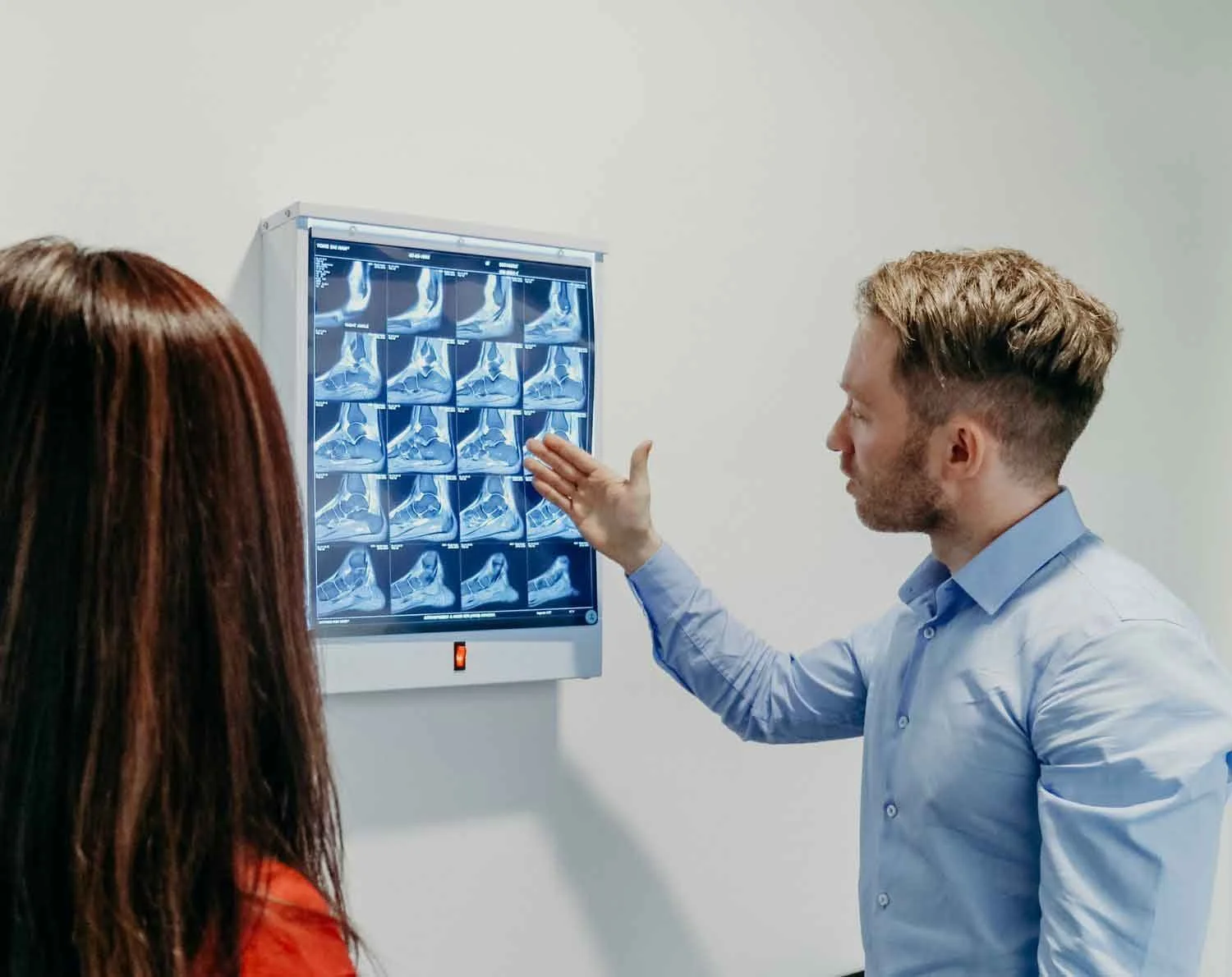Are Physiotherapists Doctors? Understanding the Overlap in Skills and Roles
At Integrative Physio Singapore, we’re often asked: “Are physiotherapists doctors?” The short answer: in Singapore, physiotherapists are not medical doctors. While many physiotherapists worldwide now hold professional doctorates (DPT) or research doctorates (PhD), these are distinct from the medical training of physicians. Physiotherapists in Singapore are regulated under the Allied Health Professions Council, while doctors register with the Singapore Medical Council.
But that’s not the full story. Around the world, physiotherapy has developed into an advanced clinical profession with diagnostic, prescribing, and acute care roles that overlap with medical colleagues. Let’s break down the similarities and differences so you know exactly who to see, and what we can offer.
Similarities Between Physiotherapists and Doctors
- Diagnosis of Musculoskeletal Conditions
Physiotherapists are trained to assess, differentially diagnose, and manage conditions of the joints, muscles, nerves, and movement system. Research shows that physiotherapists’ diagnostic accuracy in orthopaedic and musculoskeletal conditions is comparable to orthopaedic surgeons (BMJ Open, 2015).
- Shared Examination Approach — with Added Depth
Like orthopaedic specialists, our assessments begin with a comprehensive orthopaedic examination: history taking, palpation, range of motion, and special tests. From there, physiotherapists expand further — evaluating biomechanics, kinetic chain control, posture, ergonomics, and lifestyle factors that contribute to pain and recovery.
- Evidence-Based Treatment
Like doctors, physiotherapists base clinical decisions on peer-reviewed evidence, clinical reasoning, and guidelines.
- Patient Education and Long-Term Care
Both professions emphasise patient understanding, prevention, and long-term health outcomes.
Extended Scope of Physiotherapy in Other Countries
In Singapore, physiotherapists cannot prescribe medication or perform medical injections. However, in the UK, Canada, Australia, and parts of Europe, additional training and regulation allows physiotherapists to:
- Prescribe medication — in the UK, independent prescribing rights for physiotherapists were approved in 2013.
- Administer injections — corticosteroid and joint injections are widely performed by advanced practice physiotherapists.
- Order diagnostic imaging — such as X-ray, MRI, or ultrasound.
- Work as Advanced Clinical Practitioners (ACPs) — embedded in emergency departments, orthopaedic triage, and pain clinics.
This demonstrates that physiotherapy is internationally recognised as a profession capable of safely expanding into traditionally medical roles with appropriate postgraduate training.
Beyond Musculoskeletal: Acute & Prehospital Care
- On-Call in Hospitals
In acute hospital settings, physiotherapists are part of on-call rotas managing life-threatening respiratory conditions. We provide emergency interventions such as chest physiotherapy, suction, and ventilator weaning — sometimes in intensive care.
- Prehospital & Emergency Medicine
Even in Singapore, physiotherapists play a role in prehospital care in sport. We don’t just work pitch-side with athletes; we also teach and mentor nurses, paramedics, and medical doctors in areas such as acute injury management, airway support, and trauma stabilisation in the sporting environment. This reflects the trust placed in our expertise by multidisciplinary teams.
Postgraduate Training and Shared Pathways
Many physiotherapists pursue postgraduate qualifications that overlap with medical training:
- FSEM (UK) Diploma in Musculoskeletal Medicine — open to both doctors and physiotherapists, covering advanced orthopaedics, rheumatology, and diagnostics.
- Injection Therapy Courses — similar to those completed by GPs or orthopaedic registrars.
- Doctor of Physiotherapy (DPT) and PhD — professional and academic doctorates reflecting advanced clinical reasoning and research training.
These shared educational routes reinforce the common language and skills between physiotherapists and doctors.
Key Differences
- Medical doctors complete general medical training and can prescribe drugs, perform surgery, and manage systemic disease.
- Physiotherapists specialise in movement, function, and rehabilitation, with expanding roles in diagnostics and non-surgical management.
- In Singapore, prescribing and injection rights are not currently available to physiotherapists — though internationally, these roles exist.
Takeaway
So, are physiotherapists doctors? Not in Singapore. While many physiotherapists worldwide hold doctorate-level qualifications, these are not medical degrees. What physiotherapists do bring is highly specialised expertise that often overlaps with medical doctors, especially in musculoskeletal care, diagnostics, and acute hospital work. Globally, physiotherapy has expanded into prescribing, injection therapy, and advanced clinical practice — demonstrating the profession’s depth and versatility.
At Integrative Physio, our assessments mirror those of orthopaedic specialists and then go further — adding detailed biomechanical analysis, kinetic chain evaluation, and lifestyle insights to provide the most complete picture of your health. We also contribute to prehospital education, teaching and collaborating with nurses, paramedics, and doctors in sport and emergency care.
Whether it’s pain, injury, or performance, you can come straight to us for expert diagnosis and a clear plan forward.
References
1. Moore JH, et al. “Physiotherapists and orthopaedic surgeons agree on diagnosis and management of musculoskeletal conditions.” BMJ Open. 2015.
2. UK Department of Health. “Allied health professionals given independent prescribing responsibilities.” 2013.
3. World Physiotherapy. “Role of physiotherapists in acute care.” Policy Statement, 2022.
4. Faculty of Sport and Exercise Medicine (UK). “Diploma in Musculoskeletal Medicine.” 2023.


